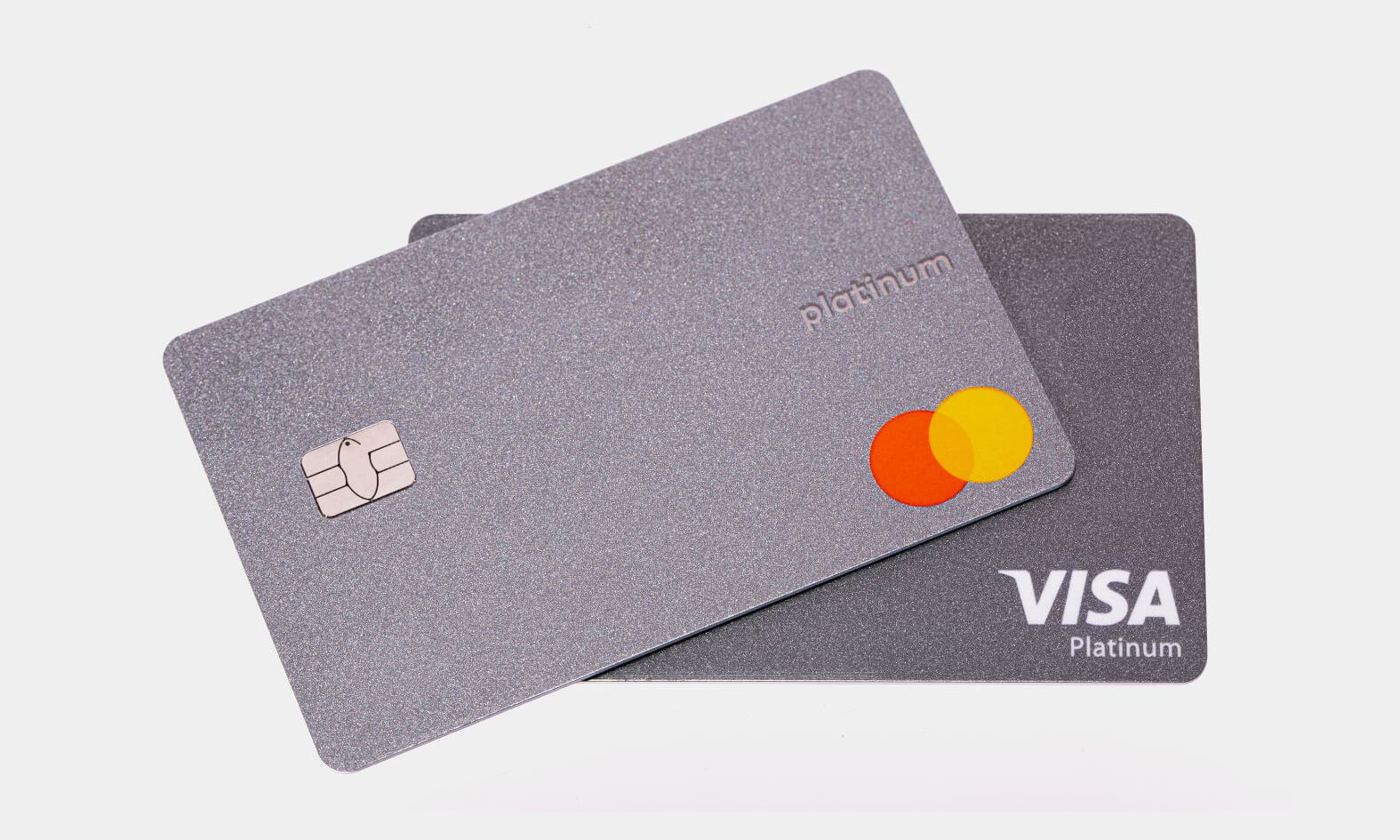In this guide, we walk you through credit and debit card processing in Canada—How transactions work behind the scenes and the fees involved and the differences between card types.
Around 90% of Canadians use bank cards for everyday purchases, and customers expect fast, secure tap-and-go checkout.
But for merchants and businesses, setting up card processing can be a point of friction. Between outdated terminals, unclear fees, and disconnected systems, it’s easy to feel that payment integrations are a hassle.
What if accepting payments could be intuitive, transparent, and built for growth? While card processing is essential, it doesn’t have to be complicated.
Card Payments Must Be Easy
Credit and debit cards dominate Canadian transactions. Card-present payments typically clear in around 2 seconds, making lines move faster and customers happier.
In fact, just a one-second delay can slash conversion rates by 7% or more. According to a Shopify study, accelerated payment options like mobile wallets and saved token methods, can increase checkout conversion rates by 50%. Plus, digital payments free you from the complications of handling cash and reconciliation delays.
How Do Credit Cards Process?
Credit card processing is the series of steps that occur when a customer pays with a credit or debit card. It’s how funds move from the customer’s bank to your business bank account. Although it only takes a few seconds, the process involves several key players and steps behind the scenes.
The Key Players in Credit Card Processing
Cardholder – Your customer, who pays using their credit or debit card.
Merchant – You, the business owner, who accepts the payment.
Payment Processor – Companies like AlphaPay that manage the technical side of the transaction.
Acquiring Bank – The financial institution that holds the merchant’s bank account.
Issuing Bank – The bank that issued the customer’s credit card.
Card Networks – Brands like Visa, Mastercard, UnionPay, and others that route the transaction data.
The 4-Step Process of Credit Card Transactions
Authorization
The customer presents their card (in-person or online). The card details are sent to the card network, which requests approval from the issuing bank. If the funds and credit are available, the transaction is authorized.Authentication
For added security, some transactions may require PIN entry, CVV confirmation, or biometric verification. This helps reduce fraud and protects both the customer and merchant.Clearing
Once the transaction is approved, the card network records the details and prepares for the actual fund transfer.Settlement
Funds are transferred from the customer’s bank to the merchant’s account, typically within 1-2 business days.
Debit Card Processing
Debit card transactions pull funds directly from the customer’s bank account. Depending on the card type and terminal, the transaction may be processed through:
Interac (Canada) – Lower-cost, PIN-based network for in-person purchases
Visa Debit / Mastercard Debit – Processed like credit cards, especially for online or international transactions
Funds come from: Customer’s bank account
Authorization: Simple bank balance check
Processing fees: Typically lower than credit card transactions
Best for: Everyday purchases and in-store payments
With debit, the risk is lower, and so are the fees, making it a cost-effective option for both consumers and merchants.
Frequently Asked Questions About Credit Card Processing
Why This Matters
Accepting credit cards reliably and efficiently helps improve the overall customer experience. It speeds up transactions, minimizes the need for cash handling, and ensures you never miss a sale.
Beyond convenience, card acceptance also supports business operations. Features like real-time reporting, built-in fraud protection, and automated reconciliation help streamline day-to-day tasks and reduce human error.
Credit cards are now standard in both online and in-person commerce. Flexible processing solutions with transparent pricing and no long-term commitments allow businesses to scale payment options without added complexity.
For example, some providers report that small businesses save hundreds of hours per year by switching from cash-based systems to integrated digital payments, giving owners more time to focus on growth.
Getting Started with AlphaPay
AlphaPay is designed to make accepting payments simple, secure, and scalable, whether you’re operating a single-location restaurant, managing a multi-unit restaurant group, or building an online retail business.
Fast: Tap, chip, swipe, or key-in with near-instant authorization
Reliable: No contracts or surprise fees—just clear, consistent rates
Secure: Industry-standard encryption protects every transaction








